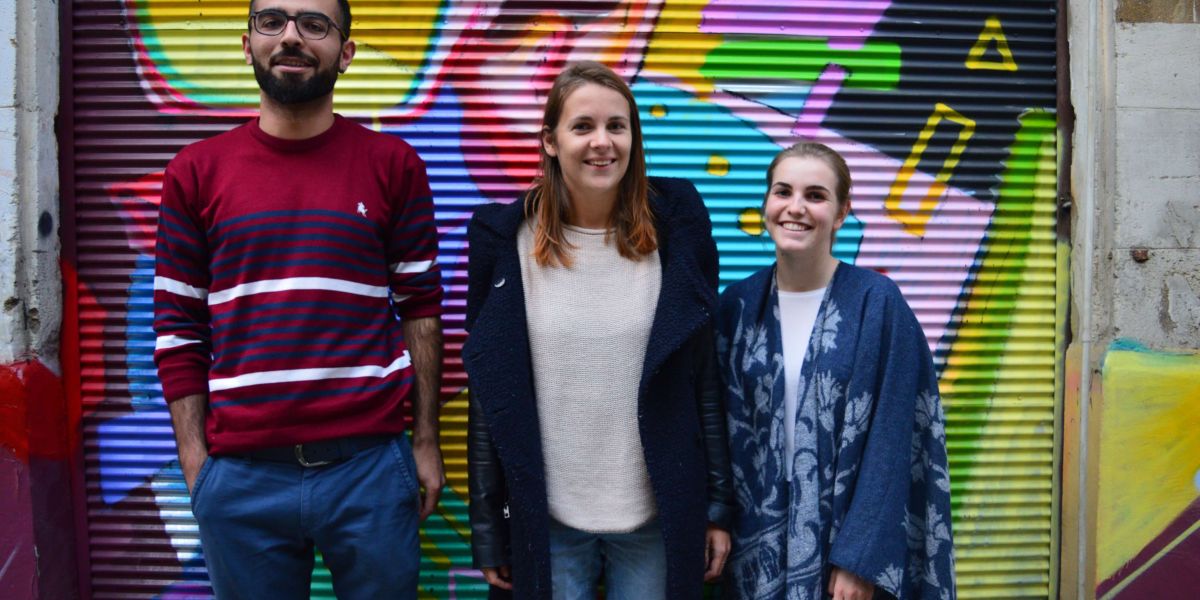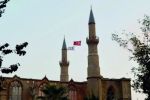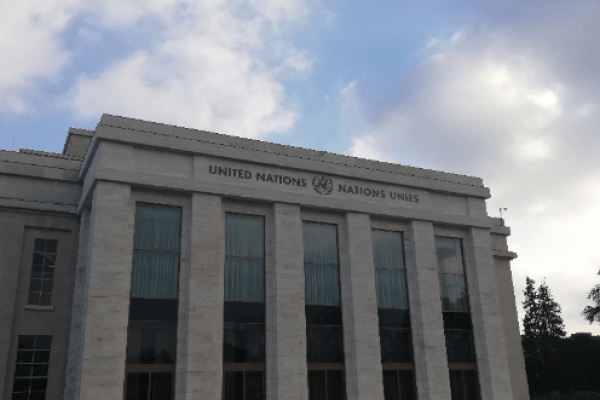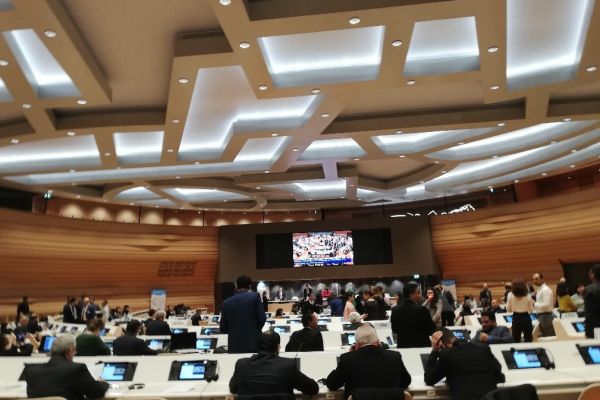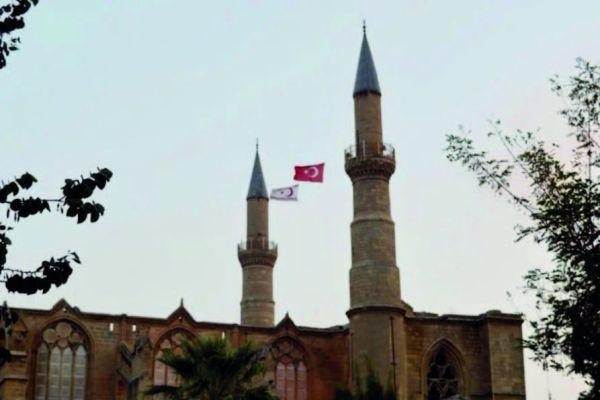Dear All,
After much secrecy and anticipation, we are very excited to share with you a case study that we have been working on for almost a year now; the child’s right to a nationality in the Turkish Republic of Northern Cyprus (TRNC)!
Although extremely interesting, this case is far from simple and so I, Ambra, Marieke’s intern, will be walking you through the journey of this case and research project. With a team of 5 students and Marieke, this project has taken on three trips to the TRNC, a fundraising campaign, an upcoming report (and more – cannot disclose them yet!) since July 2017. Finally, we can share it with you!
The TRNC is an unrecognised state situated in the northern part of the Mediterranean island of Cyprus. Due to being only recognised by Turkey, the children’s right situation is unique, especially when it comes to the child’s right to nationality. How are children’s right protected? What does having TRNC nationality entail? What does the child’s right to nationality mean in the TRNC?
Before any of these questions can be answered, it is essential to glance at the history of the island of Cyprus. Although Cyprus has experienced many different authorities and sovereignties throughout centuries (Venetians, Ottoman, British), it has been home to two main populations: the Turkish Cypriots and Greek Cypriots. Soon after its independence in 1960, and the creation of the Republic of Cyprus, tensions and unrest emerged between these populations which would eventually cause the island to be politically altered to this day.
With increasing nationalism and varying political ideologies, violence erupted between Turkish Cypriot and Greek Cypriot communities which resulted in a military intervention from Turkey in 1974. Claiming to be for the protection of the Turkish Cypriots, this involvement has been, and continues to be, highly debated among the international community. Nevertheless, the TRNC state was declared itself as an independent state in 1983.
For the majority of the last 40 years, the Turkish Cypriot community has been isolated from the world due to a heavy economic embargo and only being recognised by Turkey. Peace negotiations have been attempted, and failed, many times over all these years. In 2003, the border between the TRNC and the Republic of Cyprus opened for the first time. The following year, the Republic of Cyprus became a member of the EU. This is still the current situation of the TRNC. There is still an economic embargo, the territory of northern Cyprus is still claimed by the Republic of Cyprus, the TRNC is still unrecognised.
Like many other unrecognised states, the discussion revolving around the TRNC is heavily politically charged and sensitive for many. As consequence, we decided to announce this research project once all the data had been collected, which is now! We (myself, Marieke and four other students) spent a total of nine weeks in the TRNC interviewing all different kinds of people; children, parents, teachers, politicians, international students, journalists, housewives, etc. all to answer the question: what is the meaning of the child’s right to a nationality in the TRNC?
This case study has included many ups and downs, challenges and opportunities, breakthroughs and setbacks. But, ultimately, it has provided an insight into children’s rights in an unrecognised state. More soon!
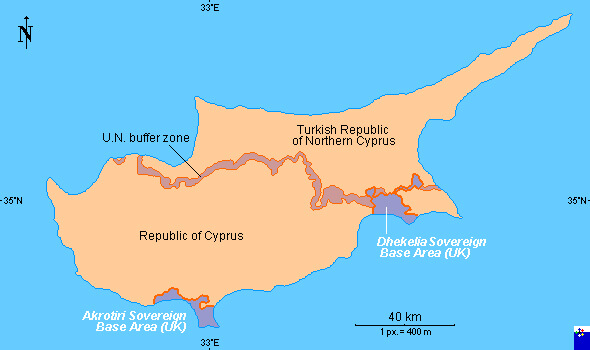
The divided island of Cyprus
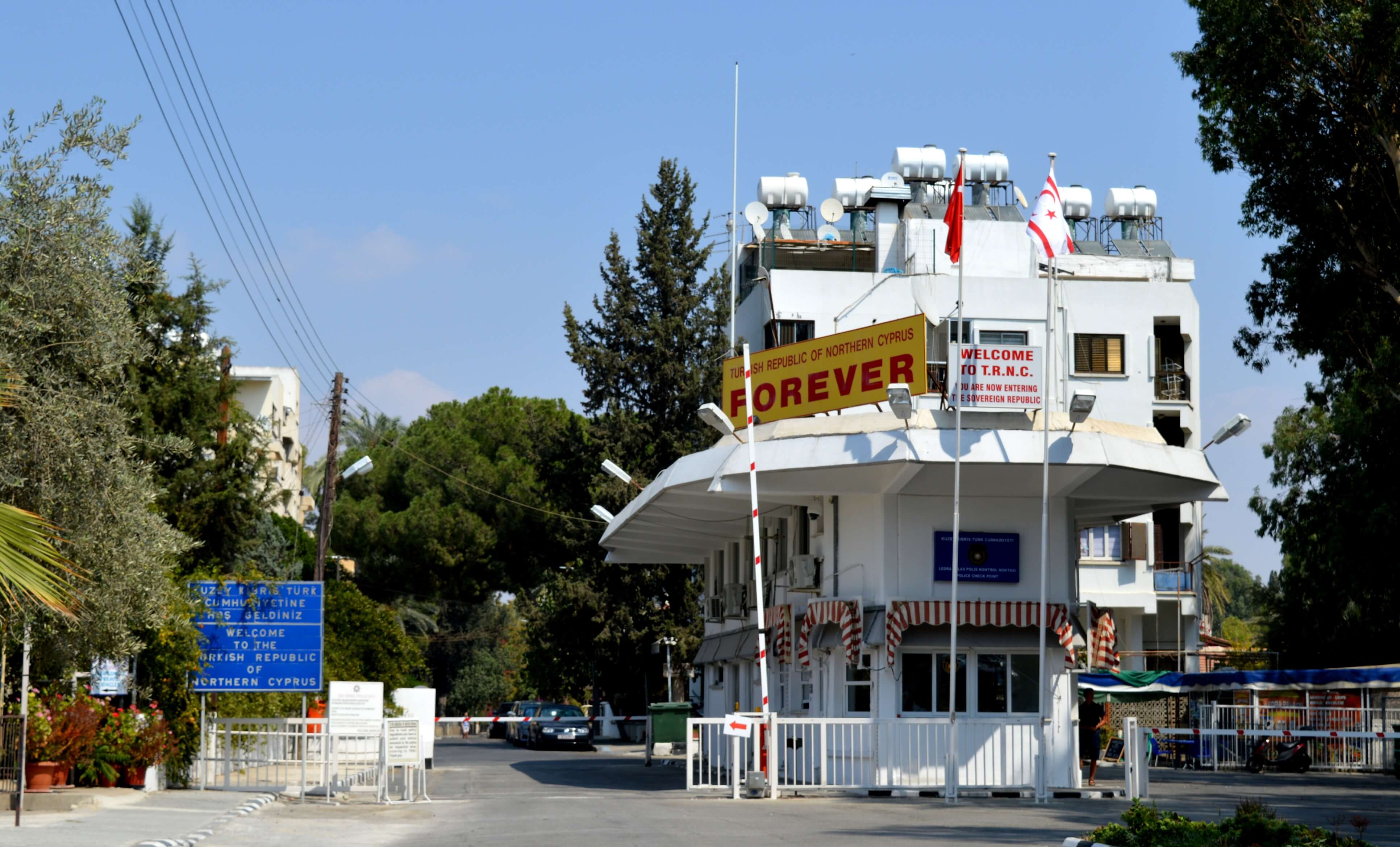
Crossing the border from the Republic of Cyprus to the TRNC

Two members of the team after a hard day at work!
